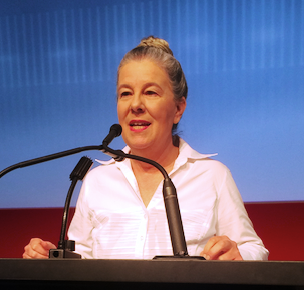- Home
- About Us
- The Team / Contact Us
- Books and Resources
- Privacy Policy
- Nonprofit Employer of Choice Award

 There are many anecdotal reports that will making has grown dramatically in this time. It can often be hard to know which donors to approach first about making a legacy gift in a will.
There are many anecdotal reports that will making has grown dramatically in this time. It can often be hard to know which donors to approach first about making a legacy gift in a will.
We have all heard a story like this. A librarian dies and leaves her entire estate to the charity where she worked. Often the gift is surprisingly large - sometimes it can even be over $1,000,000 or more. Often the person is described as having lived modestly. Friends and colleagues say they are surprised at how much money the generous donor had, often commenting on the person's simple lifestyle. Generally the person has not let the charity know that the gift is coming. The charity is surprised and honoured. There is one aspect that is almost always in this kind of story but gets little attention. The donor had no children.
For years conventional planned giving wisdom has noted that single people are strong prospects for making a bequest. In fact, common advice for a bequest program has recommended getting in touch with any woman on your database who uses the title "Miss." Since only single women use the title "Miss," if you select for that title in your title field of your database, that helps you identify single women among your supporters.
Being single is a very important predictor of interest in bequesting but it is not the biggest factor. Research by both Russell James and also by Adrian Sargeant and Jen Shang found that childless individuals were five times more likely to make a charitable bequest than other seniors. In other words, people without children are much more likely to make a gift to charity than those with children or grandchildren.
Interestingly, this research also found that even among those donors with children who make a gift to charity, those gifts are much smaller than the bequests made by those without children. There is a bit of research by Sargeant and Shang that suggests that the amount to charity may be increased if the children out-earn their parents. However, Shang and Sargeant found overall that childlessness was still a stronger predictor of bequest propensity.
While it is worth looking at single individuals for bequest giving, it would be wise to focus more on those who are childless. After all, the benefit of research is learning more and being able to be more effective in supporting the good cause you care about.
Ann Rosenfield, MBA, CFRE is the Hilborn Charity eNews Editor and a working fundraiser. She led the team that won an award from CAGP for best planned giving program in Canada.